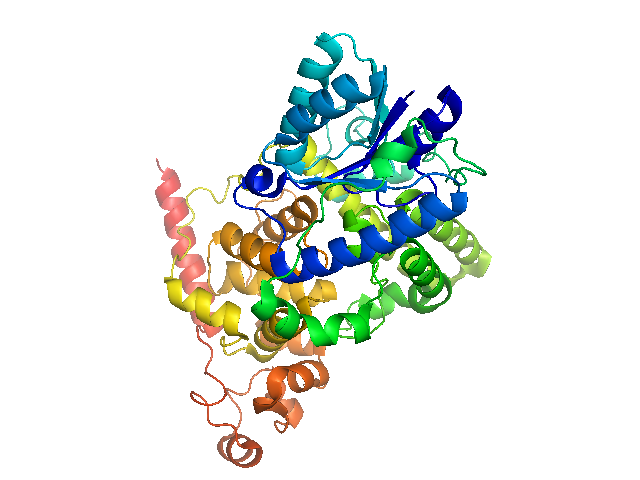
CRY1, cryptochrome circadian clock 1
New research describes a protein created by the body’s “biological clock” that actively represses inflammatory pathways within the affected limbs during the night. This protein, called CRYPTOCHROME, has proven anti-inflammatory effects in cultured cells and presents new opportunities for the development of drugs that may be used to treat inflammatory diseases and conditions, such as arthritis.
“By understanding how the biological clock regulates inflammation, we can begin to develop new treatments, which might exploit this knowledge,” said Julie Gibbs, Ph.D, University of Manchester, UK. “Furthermore, by adapting the time of day at which current drug therapies are administered, we may be able to make them more effective.”
To make this discovery, Gibbs a...
Read More






Recent Comments